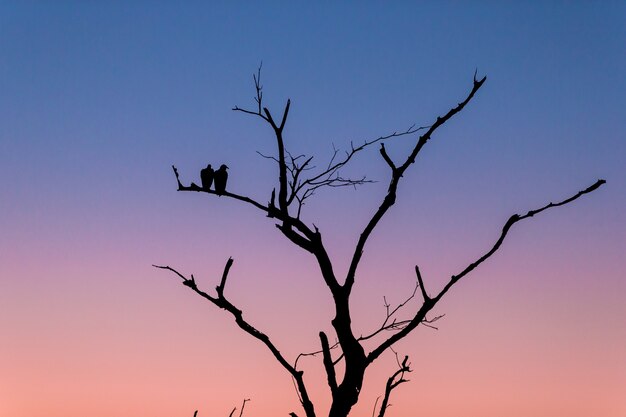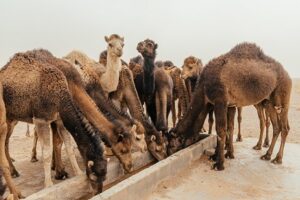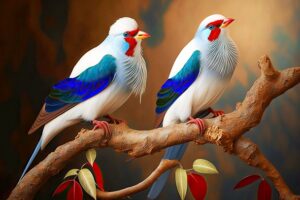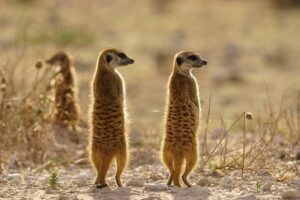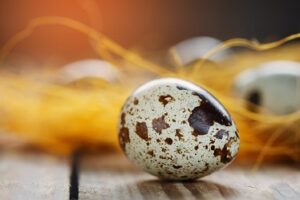Florida, a state known for its diverse wildlife, harbors a unique and enchanting variety of nocturnal avian creatures. These night birds, often elusive and mysterious, play a vital role in maintaining the ecological balance of Florida’s ecosystems. This article explores the captivating world of night birds in Florida, shedding light on their adaptations, environmental significance, and challenges.
Introduction
Definition of Night Birds
Night birds, also known as nocturnal birds, are avian species predominantly active at night. Unlike their diurnal counterparts, these birds have evolved unique adaptations to thrive in low-light conditions.
Florida’s Unique Ecosystem
Florida’s ecosystems, ranging from wetlands to forests, provide an ideal habitat for various night birds. The warm temperatures and rich biodiversity make Florida a haven for these fascinating creatures.
Ordinary Night Birds in Florida
Eastern Screech Owl
One of the smallest owls in Florida, the Eastern Screech Owl, with its distinctive trilling calls, is a common sight in urban and rural areas.
Barred Owl
Known for its “who-cooks-for-you” hooting, the Barred Owl is a charismatic bird that resides in wooded habitats across the state.
Common Nighthawk
With a preference for open spaces, the Common Nighthawk is a graceful flier that forages for insects during the twilight hours.
Chuck-will’s-widow
Named after its continuous and distinctive call, the Chuck-will’s-widow is a nightjar species often found in the southern regions of Florida.
Nocturnal Adaptations
Specialized Vision
Night birds possess specialized eye adaptations that enhance their vision in low-light conditions, allowing them to navigate and hunt effectively at night.
Silent Flight
Many owls have developed specialized feathers that reduce flight noise, enabling them to approach prey silently.
Enhanced Hearing
Nocturnal birds often have large ear openings, allowing them to pick up subtle sounds, crucial for locating prey in the dark.
Night Birds’ Role in the Ecosystem
Pest Control
Night birds, particularly owls, are crucial in controlling rodent populations, serving as natural pest controllers.
Maintaining Balance
By preying on nocturnal insects, night birds maintain ecological balance by preventing population explosions of potential pests.
Biodiversity Support
Night birds, as predators, contribute to the overall biodiversity of Florida’s ecosystems by regulating the populations of various prey species.
Bird Watching Tips
Best Locations in Florida
Enthusiasts can explore state parks, wildlife reserves, and coastal areas to observe various night birds.
Ideal Times for Observation
Night bird watching is most rewarding during the twilight hours, just after sunset and before sunrise.
Recommended Equipment
Binoculars with low-light capabilities and a good field guide are essential for successful night bird watching.
Conservation Efforts
Threats to Night Birds
Urbanization, habitat loss, and climate change pose significant threats to the survival of night birds in Florida.
Conservation Initiatives
Various organizations and conservation groups are actively involved in initiatives to protect night birds’ habitats.
How Individuals Can Contribute
Residents and visitors can contribute to conservation efforts by supporting local initiatives, reducing light pollution, and practicing responsible bird watching.
Night Birds and Folklore
Cultural Significance
Night birds hold cultural significance in various societies, often symbolizing wisdom, mystery, and spirituality.
Myths and Legends
Across cultures, night birds have been woven into myths and legends, adding an element of mystique to their nocturnal activities.
The Importance of Darkness
Preserving Natural Darkness
Preserving natural darkness is crucial for the well-being of night birds and other nocturnal wildlife.
Impact of Light Pollution
Excessive artificial light disrupts the natural behaviors of night birds, affecting their hunting, mating, and nesting activities.
Challenges Faced by Night Birds
Urbanization
Expanding urban areas encroach upon the habitats of night birds, leading to increased stress and decreased nesting opportunities.
Climate Change
Shifts in climate patterns can affect the availability of prey, impacting the survival of night birds.
Habitat Loss
Deforestation and habitat destruction threaten the long-term survival of various night bird species.
Night Birds’ Vocalizations
Types of Calls
Different night bird species have unique vocalizations, ranging from haunting hoots to melodious trills.
Interpretation
Understanding these vocalizations can provide valuable insights into the behavior and communication of night birds.
Night Birds and Migration
Seasonal Movements
Some night birds, like the Common Nighthawk, undertake seasonal migrations, adding complexity to their conservation needs.
Conservation During Migration
Efforts to protect night birds should consider their migratory routes and challenges during these journeys.
Birding as a Community Activity
Connecting with Fellow Enthusiasts
Night bird watching can be a social activity, fostering community among bird enthusiasts.
Citizen Science Initiatives
Engaging in citizen science projects allows individuals to contribute valuable data to ongoing research on night birds.
Night Birds and Photography
Tips for Capturing Nocturnal Birds
Photographing night birds requires patience, specialized equipment, and an understanding of their behavior.
Popular Night Bird Photography Spots
Specific locations in Florida provide optimal conditions for capturing stunning images of night birds.
The Future of Night Birds in Florida
Research and Monitoring
Ongoing research and monitoring efforts are essential for understanding the dynamics of night bird populations and implementing effective conservation strategies.
Importance of Continued Conservation
Sustained conservation efforts are vital to ensuring the survival of night birds and preserving Florida’s rich biodiversity.
Conclusion
Recap of Key Points
With their mesmerizing behaviors and crucial ecological roles, night birds in Florida deserve our attention and protection.
Encouragement for Bird Conservation
By appreciating and understanding night birds, we can actively contribute to their conservation, ensuring that these fascinating creatures continue to thrive in Florida’s diverse landscapes.
FAQs About Night Birds in Florida
Q: Are night birds only found in rural areas?
A: No, many night birds, such as the Eastern Screech Owl, are adaptable and can be found in urban and rural environments.
Q: How can I contribute to night bird conservation in Florida?
A: Supporting local conservation initiatives, reducing light pollution, and practicing responsible bird watching are effective ways to contribute.
Q: Do all-night birds migrate?
A: No, while some night birds, like the Common Nighthawk, migrate, others may stay in their habitats year-round.
Q: Why is preserving natural darkness necessary for night birds?
A: Natural darkness is crucial for night birds’ hunting, mating, and nesting activities, and excessive artificial light disrupts these behaviors.
Q: Can I participate in citizen science projects on night birds in Florida?
A: Many organizations conduct citizen science projects that allow individuals to contribute valuable data to studying night birds.
